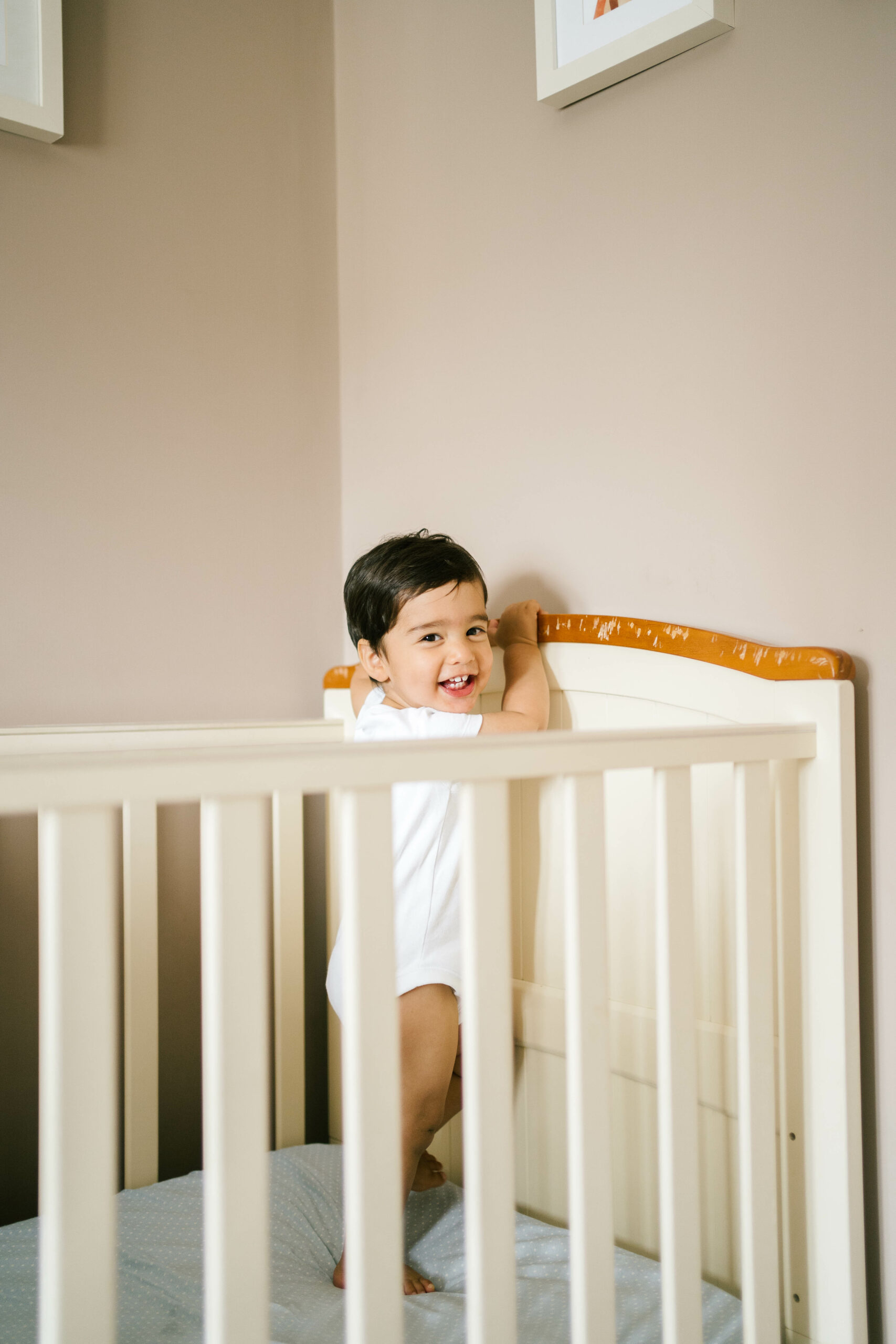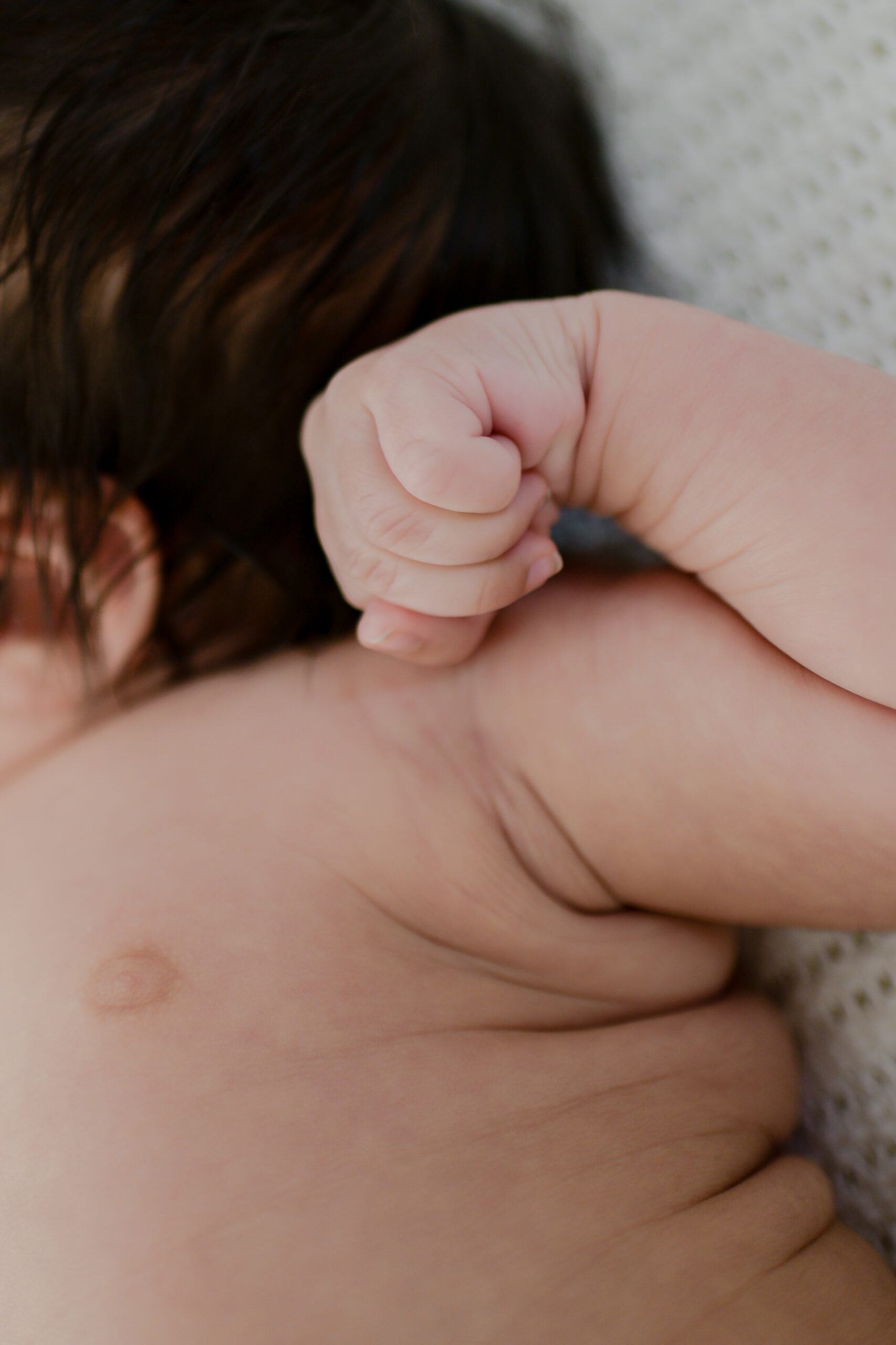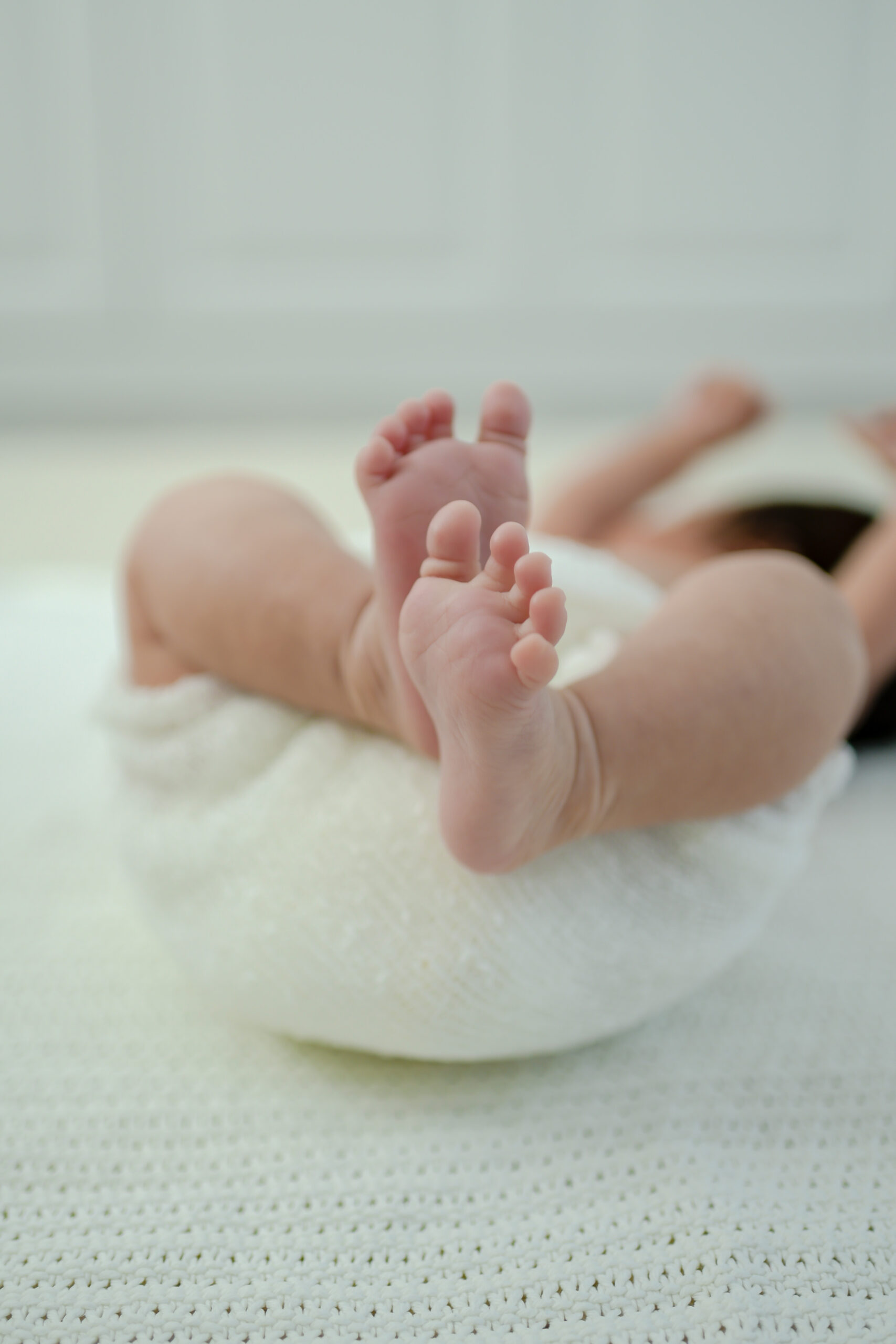You may have heard that when it comes to infant sleep, overtiredness is the devil. Overtiredness builds when a little one is short on sleep (during the day and/or the night) and their body releases cortisol to help them get through the next bit of wake time. The build up of cortisol can then have a devastating impact on sleep – leading to bedtime battles, multiple wakes, short naps and early starts.
But – frustratingly enough – all of these things can also be caused by a little one being undertired. A child who has had too much sleep in the day may well battle bedtime. They may be up in the night chatting away for several hours until they get bored and start to get upset. Or they could be waking early in the morning or from a nap because there’s no longer sufficient sleep pressure there to sustain the sleep.
So how can you tell which one is causing your child’s sleep issues? Read on for some of the key indicators as to whether your little one needs a bit more sleep, or whether it might be time to start capping their zzz’s…
Your child may be overtired if…
- They fight sleep and are difficult to calm down.
Little ones can become hysterical very quickly if they’re exhausted but just can’t fall asleep. A build up of cortisol in their system means that while they are exhausted, the human wake hormone is doing everything it can to keep them awake. So while an overtired child might initially appear to have a burst of energy, they are unlikely to continue happily awake for long.
- They are distressed after a short nap or during night wakes.
Thanks to the wake-up hormone cortisol in their system, an overtired little one can struggle to stay in a deep, restful sleep. They may wake multiple times a night or only manage to nap for a single sleep cycle before waking up. When they do wake they’re likely to be distressed because they’re still tired and haven’t had the restorative sleep they needed.
- They showed sleep cues before a sudden burst of energy.
Your little one’s sleep cues are a helpful indicator of when they are ready to be put down for their next nap. As parents, we often think that a yawn or hysterical crying is a sign that it’s time to start getting ready for bed – but the truth is that these are more likely to be signs that your little one already should have been in their cot. Instead of waiting for that first yawn, try watching your baby closely for a pinkish tinge around their eyebrows, zoning out and staring into the distance, avoiding interaction or difficulty focussing. If you miss these, you can expect to start seeing yawning, eye rubbing, waving limbs or tugging at ears. If you notice these signs, but then your little one seems to become alert again, try not to ignore what you’ve seen. Try to reduce stimulation, and get your little one off to sleep as soon as possible.
- They’re having big meltdowns
As with adults, a lack of sleep will have a big impact on your little one’s mood. Babies who are well rested will be the most cheerful version of themselves when they’re awake; they’ll be able to focus, enjoy interacting with you and often play independently for a few minutes (depending on their age). By contrast, overtired babies will often be grizzly and cranky – and struggle to be put down or focus on an activity. Older babies and toddlers are more likely to express big emotions when they’re tired.
What should I do if my child is overtired?
Increase their sleep! This may include:
- Shortening their wake windows between naps, and particularly the wake window before bedtime
- Adding in an extra nap to prevent the wake window before bed becoming too long
- Bringing bedtime earlier by up to an hour
- Extending naps if they wake after a single sleep cycle (or before!)
- Doing whatever it takes (as long as it’s safe!) to get your little one to sleep – whether that’s rocking, contact napping or going for a pram walk or drive
Your child may be undertired if…
- They wake happy after a catnap
A child who gets put down for a nap when they’re not yet tired enough will likely wake from that nap early, due to insufficient build up of sleep pressure before the nap. Because they have low sleep pressure on waking, they are most likely to wake happy (rather than distressed).
- They struggle to fall asleep
Little ones who have the ability to self settle, and are happy in their sleep space may lie awake in their cot happily for some time before becoming frustrated that they can’t seem to get to sleep. If they’re simply not tired enough to fall asleep they may not start screaming the second you put them down. But it can be helpful to keep an eye on how long it’s taking them to fall asleep – anything under 20 minutes is about what we’d expect for a little one who’s just tired enough. So if your little one is taking more than 20 minutes to drop off in their normal way, it may be time to consider a longer wake window.
- They make eye contact
If your little one is focussed and able to make eye contact (rather than zoning out and turning away from you), they are likely undertired and not yet ready for sleep.
- They’re happily awake for long periods at night
It is not always the case, but if your little one is having split nights (awake for long periods of time and mostly happy), this could be a sign that they are having too much daytime sleep.
What should I do if my child is undertired?
Little ones who are not tired enough to sleep properly need to build up more sleep pressure before a sleep situation. Here are some ways you can do this:
- Increase the wake window before their next nap or bedtime
- You can increase the wake window by capping a nap if leaving them the same length would compromise bedtime
- It may be time to transition to a new lower number of naps (or no nap). Remember that nap transitions should be gradual, and I’d always recommend reducing the length of a nap before dropping it altogether.
- Get outside during a wake window when possible. Fresh air and exercise help to build sleep pressure.
- Create lots of opportunities for exercise – whether that’s tummy time, practising crawling or standing, using a walker etc. Try to avoid whole wake periods in a pram, baby bouncer or somebody’s arms. Exercise is critical to building sleep pressure.
- Don’t allow your little one to ‘sleep in’ if they’ve been up during the night. Allowing a little one to catch up during the day can reinforce the problem, in that they spend more of the day asleep, and so don’t need to be asleep as much of the night. Instead, try to wake your little one at the same time each morning.
Still not sure why your little one is struggling to get to sleep or stay asleep? Drop me a message here, or book a discovery call to chat more!




